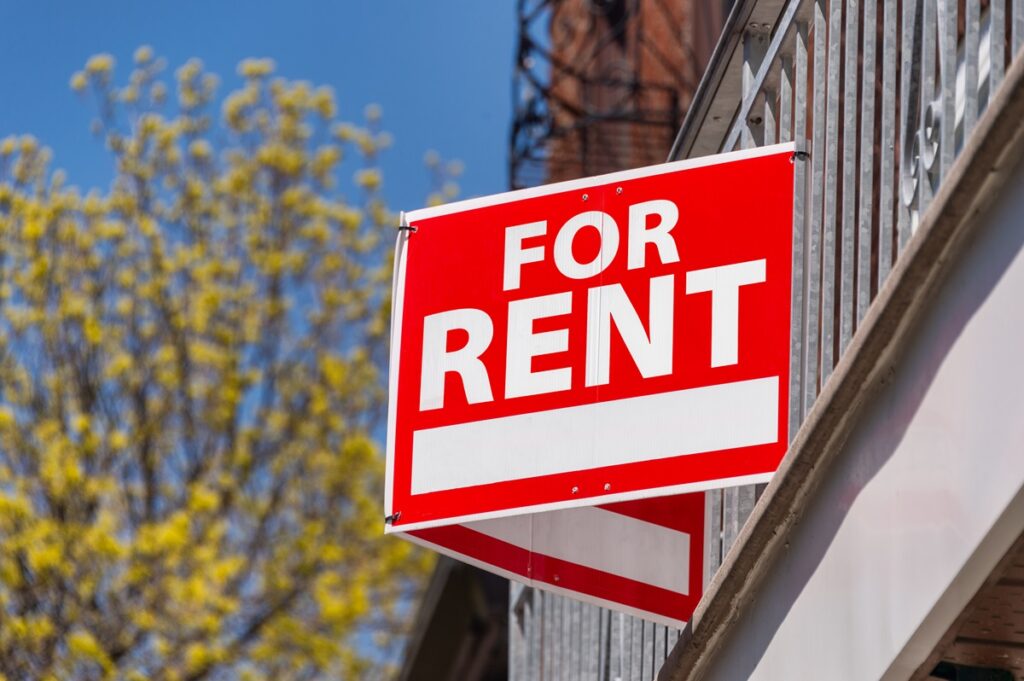In 2024, the ongoing surge in inflation is exacerbating the financial pressures on lower-income renters across the United States. As the cost of essential goods and services rises, these renters are increasingly forced into difficult decisions about how to allocate their limited resources, leading to severe hardships.
According to data from the Joint Center for Housing Studies of Harvard University, a staggering 25% of lower-income renters are reporting that they do not have enough food to eat, and 26% are unable to maintain a safe temperature in their homes due to skyrocketing energy costs. These statistics highlight the grim reality for millions of Americans who are caught in a daily struggle to make ends meet.
The report notes that federal food assistance programs are helping households meet their nutritional needs. Slightly more than 50% of renter households who earned less than $25,000 reported receiving SNAP benefits, and 6% received WIC benefits. Although access to assistance prevents even greater rates of food insufficiency, underfunding and inconsistent access to these critical benefits mean that many still struggle to get adequate nutrition, evident in the high reported rates of food insufficiency.
The report further underscores the compounding nature of these challenges. The rising cost of living is not only making it harder for renters to afford basic necessities like food and energy, but is also leading to a significant increase in housing insecurity. Approximately 16% of lower-income renters are currently behind on their rent payments, a situation that puts them at risk of eviction and homelessness.
The burden is especially heavy on families with children, who must often choose between feeding their families, heating their homes, and keeping a roof over their heads. The situation is becoming increasingly unsustainable, with many renters facing an impossible choice between basic survival needs. In response to these challenges, experts are calling for stronger safety nets and targeted interventions to help these vulnerable populations.






